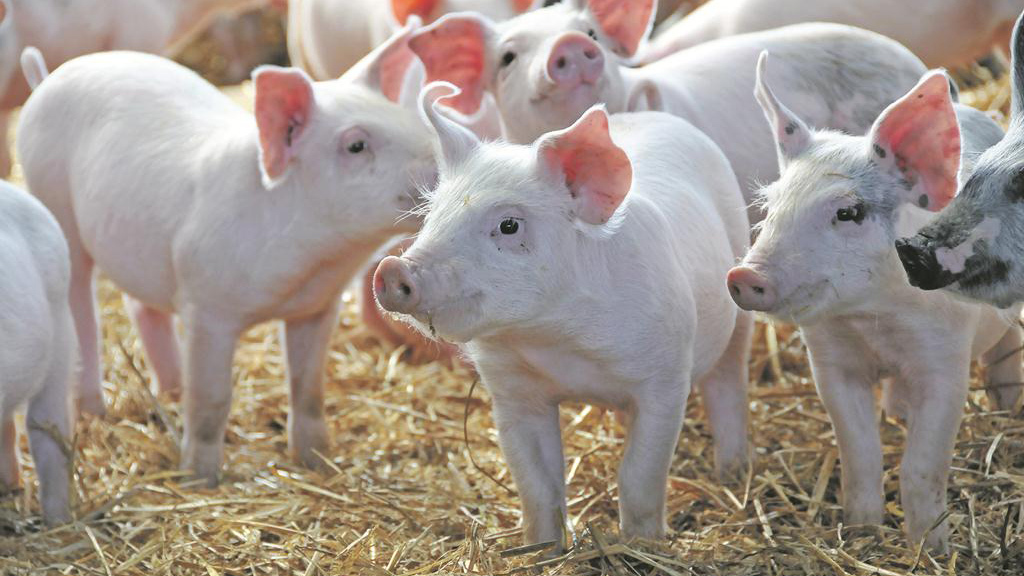
Reducing antibiotic consumption in livestock has very little benefits for human health, according to a new study.
The paper, published by the Royal Society, said a drive for 'antibiotic-free' farm produce is not necessarily beneficial for human health.
It is often suggested that resistance arising in food animals contributes to resistance levels in humans.
The study said: "Although it is widely regarded as intuitively obvious that reducing antibiotic consumption in animals would decrease levels of antibiotic resistance in humans this is, in fact, not the case for a wide range of scenarios, especially if this intervention is made in isolation.
"A better strategy is an integrated approach that tackles resistance in humans and food animals at the same time."
It suggested reducing the rate of transmission of resistance from animals to humans 'may often be more effective', while the rate of transmission from humans to animals is also important.
"It is thus not enough to only lower the consumption of antibiotics in food animals, the transmission both from and to food animals should also be limited in order to maximize the impact of this and other interventions," the paper said.
'Committed'
The National Pig Association (NPA) has welcomed the research, which said it provided useful context in the ongoing antimicrobial resistance debate but also reinforced the current ‘One Health’ approach being adopted to address the problem in animal and human medicine.
NPA senior policy advisor Georgina Crayford said: "This paper reiterates the value of the approach we are taking in the livestock sector to reduce and refine antibiotic use.
"We are utterly committed to driving ahead with this.
"However, the research also provides valuable clarification in addressing the entirely unwarranted suggestion often made by campaigners that AMR is somehow primarily a problem caused by intensive farming.
"It isn’t, and the solution lies, as it always has, in taking a robust approach in human and animal medicine."
'Simple model'
The Responsible Use of Medicine in Agriculture (RUMA) welcomed the study but cautioned what the paper itself describes as a ‘simple model’ can only give an indication of likely outcomes.
RUMA chairman Gwyn Jones said: "The study highlights the complexity of antibiotic resistance and the need for a ‘One Health’ approach to the problem across humans and animals.
"So while it suggests that removal of antibiotics from animal production systems is not the answer to antimicrobial resistance in humans, the food and farming sector should not in any way dilute its current focus on reducing, refining and replacing antibiotic use across all sectors.
"An important point it does raise, however, is that a drive for 'antibiotic-free' farm produce is not necessarily beneficial for human health and makes any related detrimental impacts on animal health and welfare even more unjustifiable."
